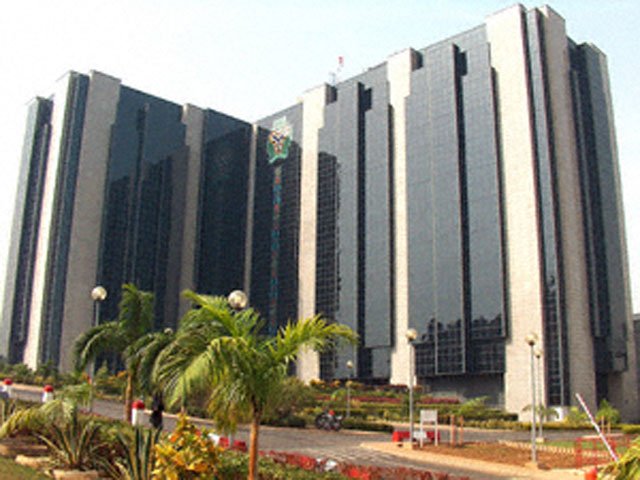A new report by the Central Bank of Nigeria (CBN) says the apex bank spent a total of $15.816bn on direct intervention in the nation’s foreign exchange market in 2017 to as part of its role of ensuring exchange rate stability, while cushioning the demand pressure. This represented an increase of $3.661bn or 30.11% over the $12.155bn sold at the market in 2016.
As a result, the Naira was relatively stable against global currencies in the period under review, unlike the situation in 2016 when the Naira exchanged for N520/$ at some point.
A breakdown of the figure according to the report released by the CBN on Friday, titled: “Annual Activity Report 2017” prepared by the CBN’s Financial Market Department, showed that forwards sales accounted for the lion’s share during the period, compared to spot sales that did slightly better in prior year.
Forwards sales recorded $11.198bn, or 70.8% of the total amount in 2017; almost double the $6.303bn or 51.85% of that year’s total; followed by $1.532bn, or 9.68% sold at the inter-bank spot market, up from $5.852bn or 48.14%. Also, in 2017, invisibles gulped $1.393bn, or 8.8% during the year; followed by $1.069bn, or 6.75% for SMEs; and US$622m, or 3.93% sold at the Investors and Exporters’ window.
The CBN also purchased $6.09bn at the inter-bank market, resulting in net sales of $9.725bn for the period; just as $10.731bn matured at the forwards segment, while $1.921bn remained outstanding at end-December 2017.
The CBN purchased only US$130.98m in 2016, resulting in a net sale of
US$12.024bn; just as $4.288bn matured at the forwards, while $1.56bn remained outstanding at end-December 2016.
The report attributed the increased transactions in 2017 to the CBN’s “foreign exchange management strategy.”
Meanwhile, at the CBN’s inter-bank funds market, transactions valued increased significantly by over five-fold to N32.91tr in 2017, from N5.343tr in 2016, with OBB (Open Buy Back) transactions accounting for 94.83% of the total inter-bank deals. Transactions at the unsecured inter-bank segment accounted for the balance of 5.17%, compared with 80.62% and 19.38%, respectively in 2016, with a breakdown showing an increase in call placements by 76.87% to N1.603tr, from N906.84 billion in 2016.
At the OBB segment, transactions jumped significantly by over six-fold to N31.207tr, from just N4.307tr in 2016, with the sharp increase attributable, the report continued, “largely to the liquidity squeeze in the banking system occasioned by the frequent OMO auctions and the sale of foreign exchange.
Also, the report noted that Nigeria’s merchant and commercial banks utilized its Standing Lending Facility (SLF) more often in 2017 than they deposited funds (Standing Deposit Facility), when compared to the situation in in the previous year.
Average daily request for SLF the year stood at N216.34bn in 246 days, of which Intra-day Lending Facilities (ILF) conversion was N130.63bn, amounting to 60.38% of the total request.
The average daily interest charged was N159.96m, compared to the 2016 average daily request for SLF amounting to N130.47bn in 207 days, with ILF conversion at N84.62bn and average daily interest income at N94.76m.
“The higher patronage at the window in 2017 reflected the effect of the tight monetary policy stance,” the CBN added.
In a forward to the report, Okwu Joseph Nnanna, Deputy Governor, Economic Policy at the CBN said it “presents an analysis of the developments that impacted on the financial markets during 2017 and the measures taken by the Central Bank of Nigeria towards monetary policy implementation for the achievement of desired objectives.
Trending Today
Menu








